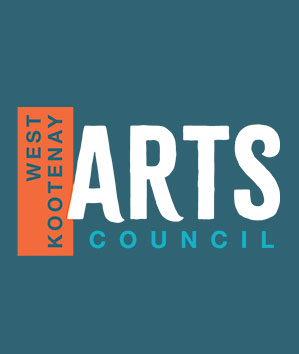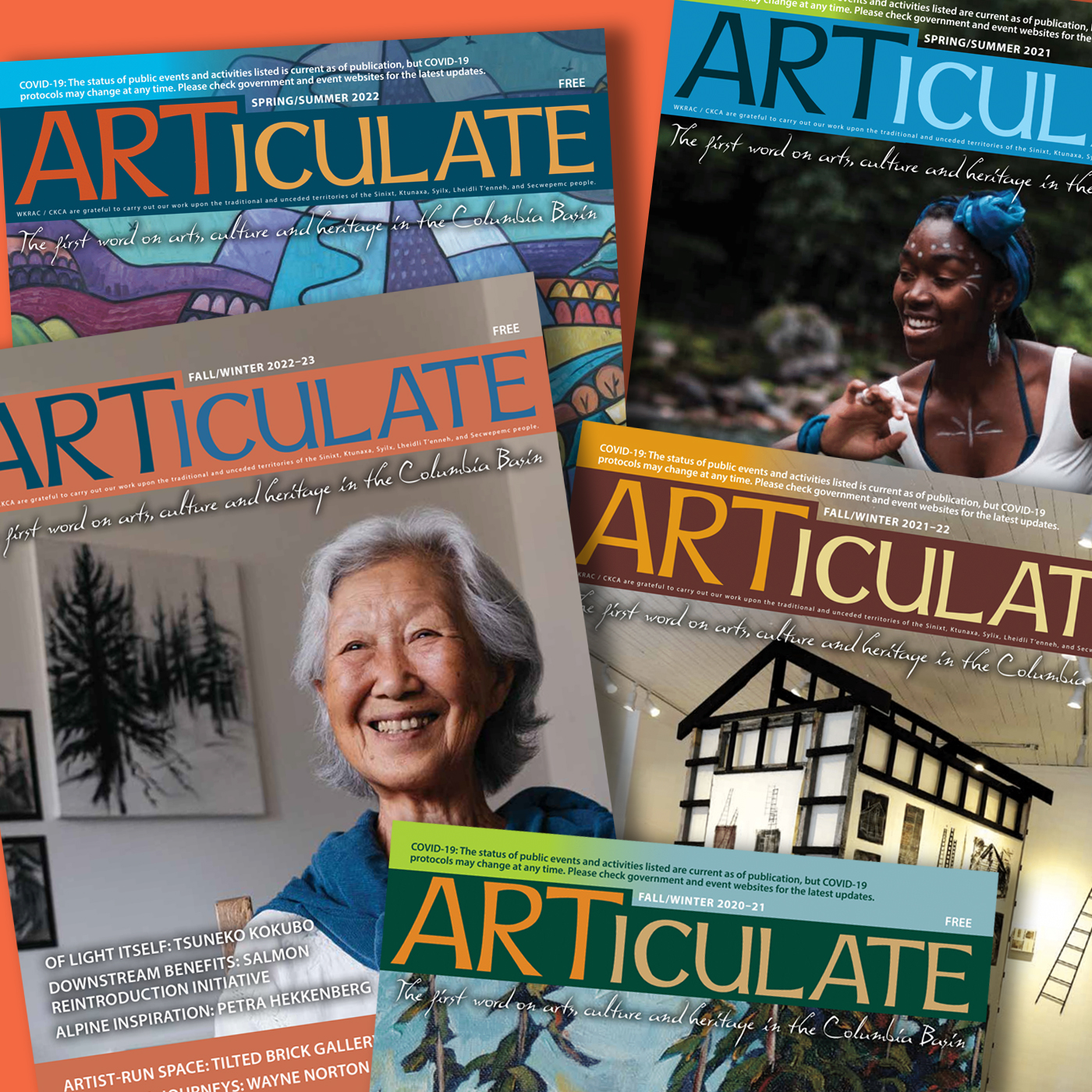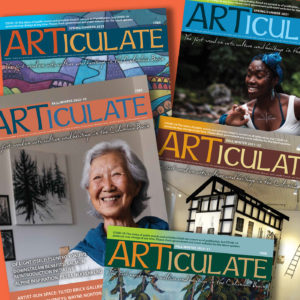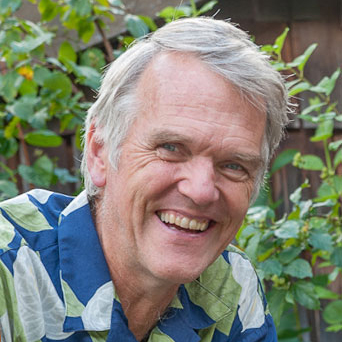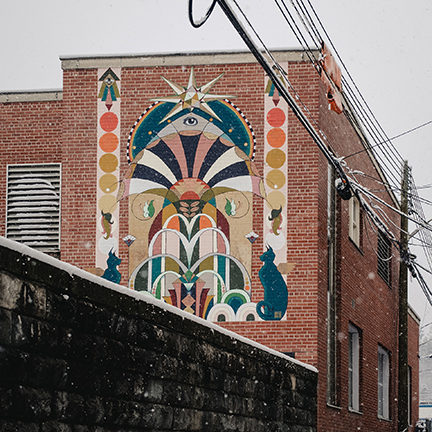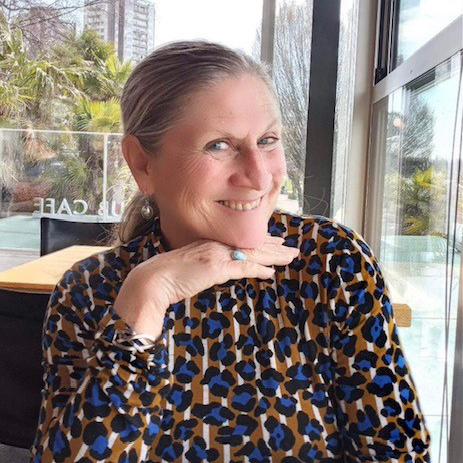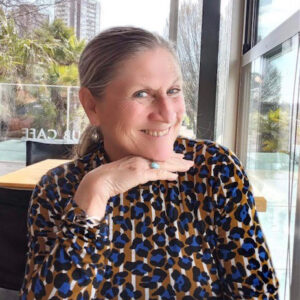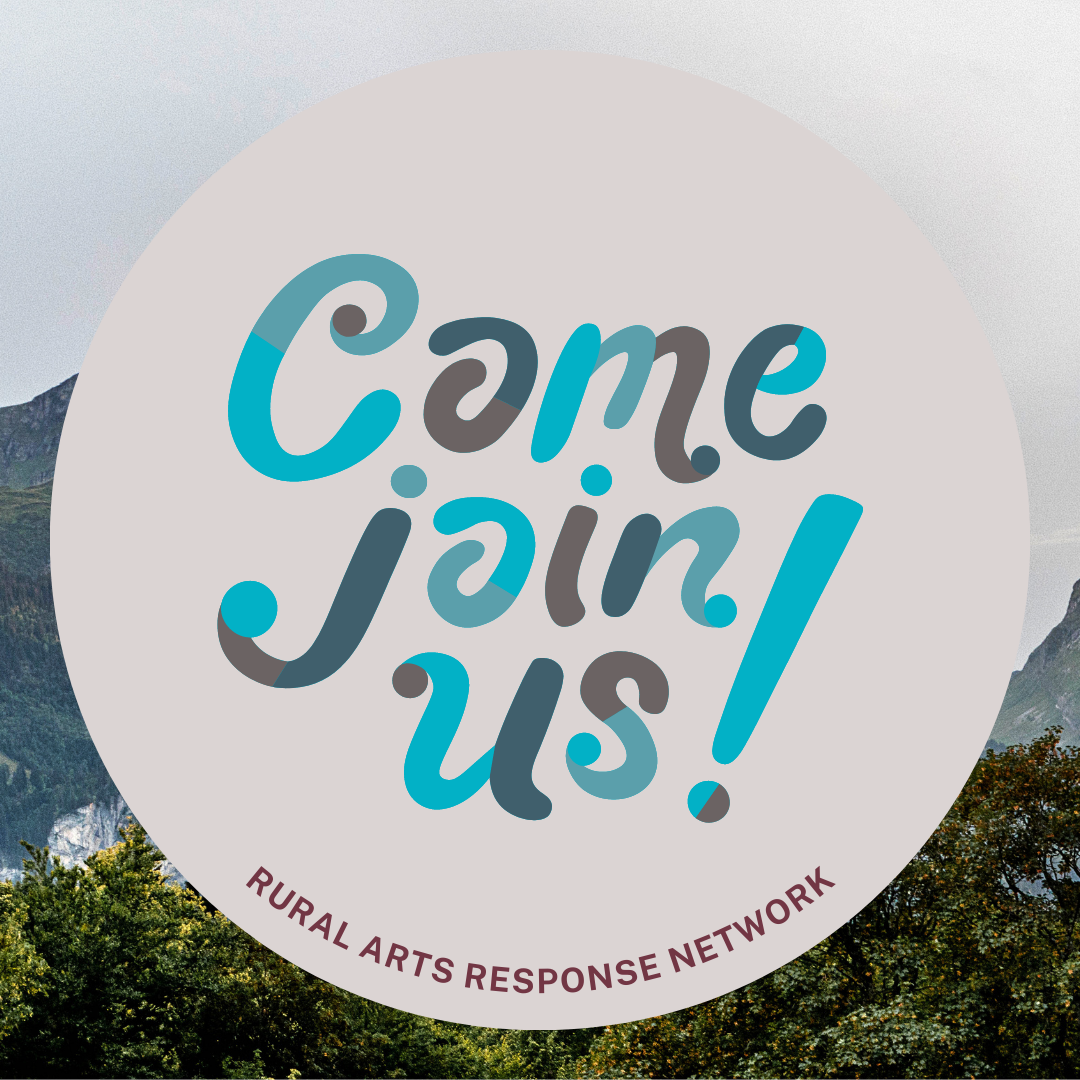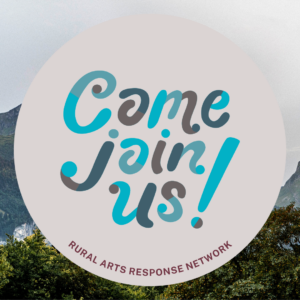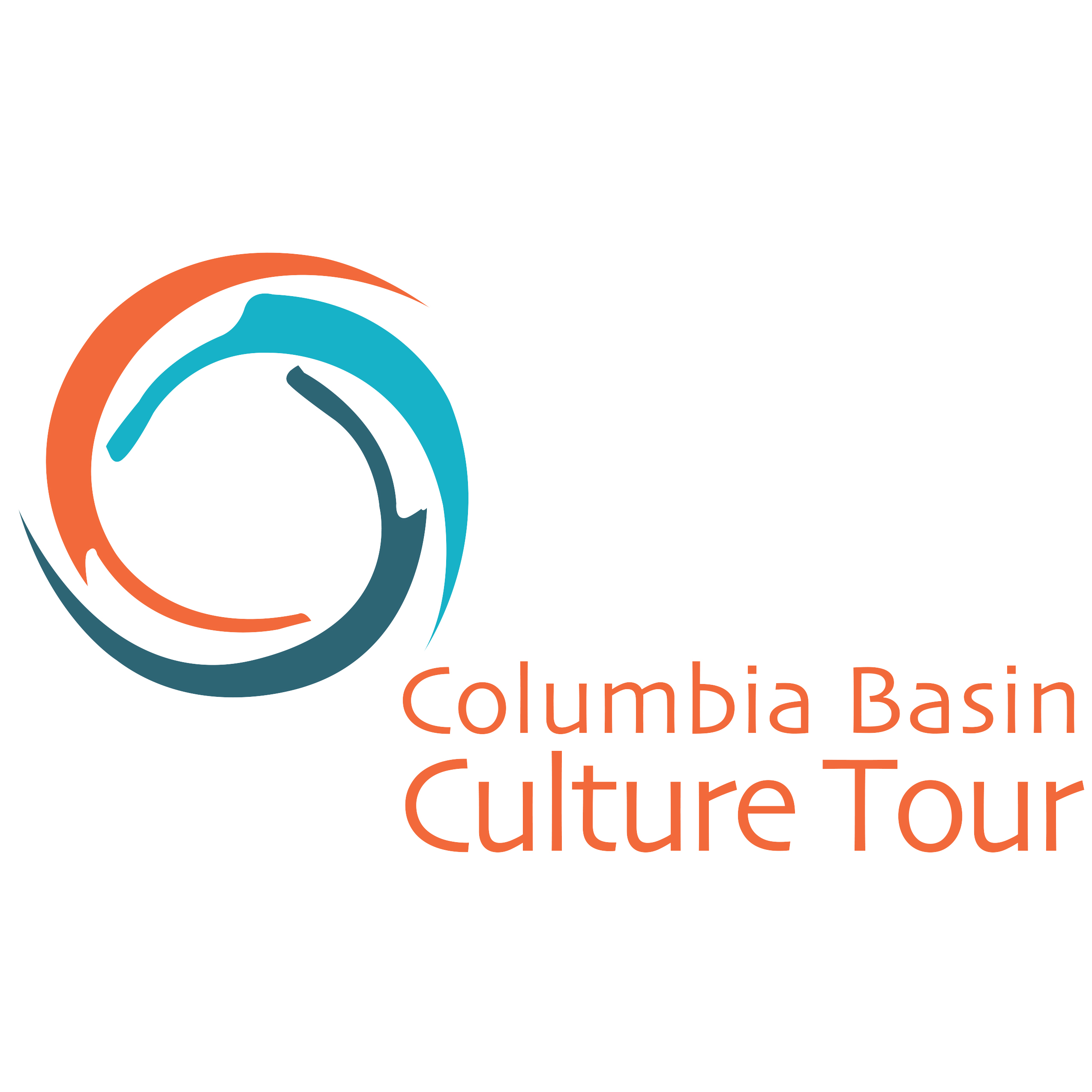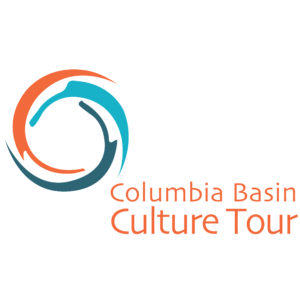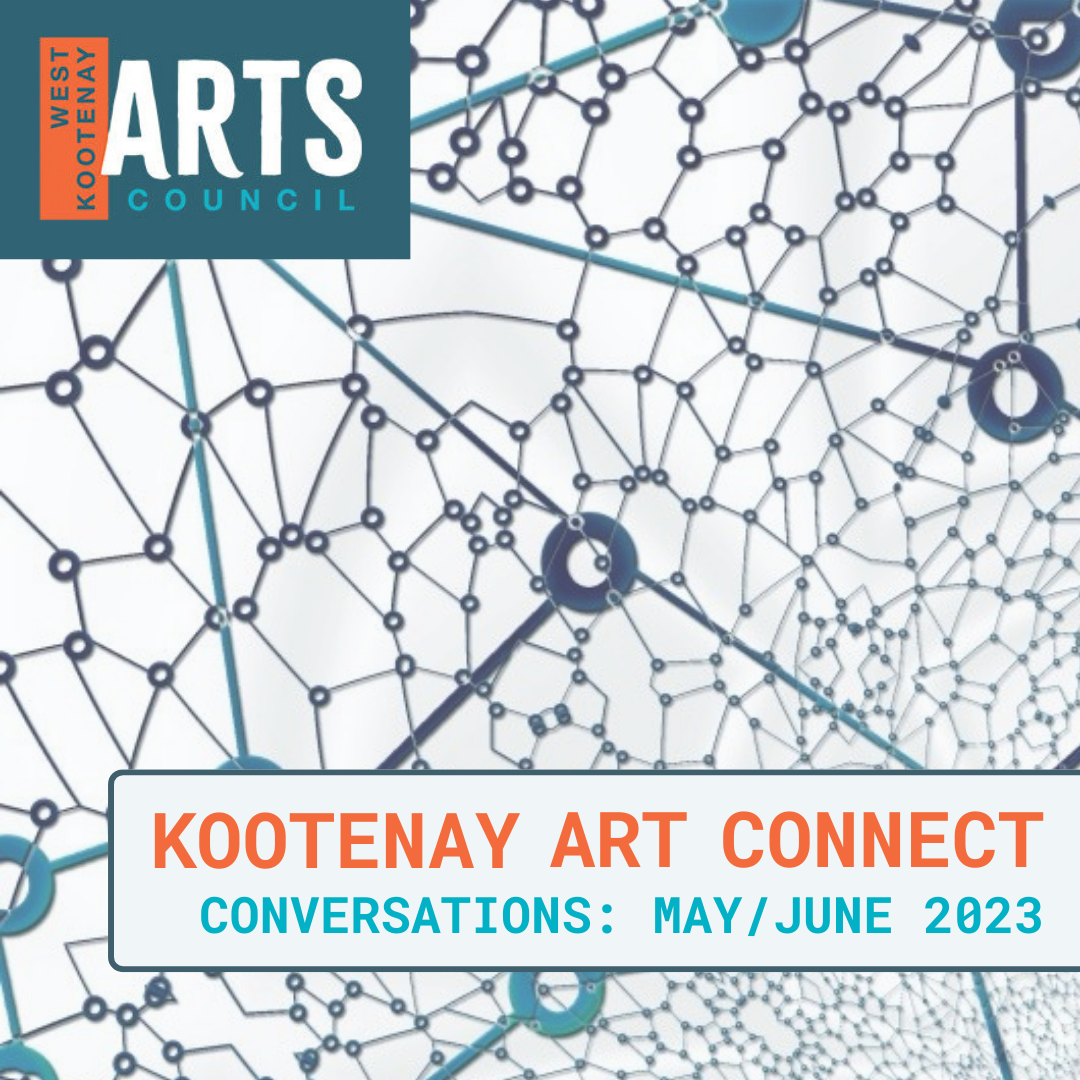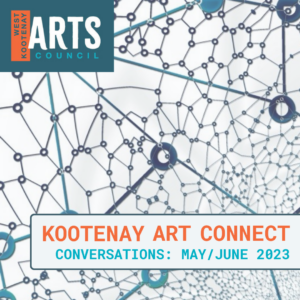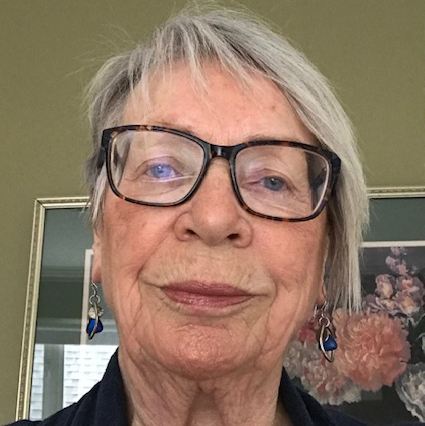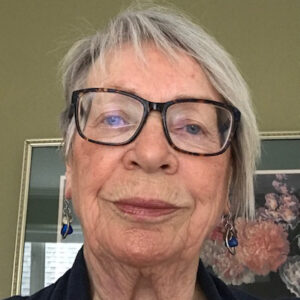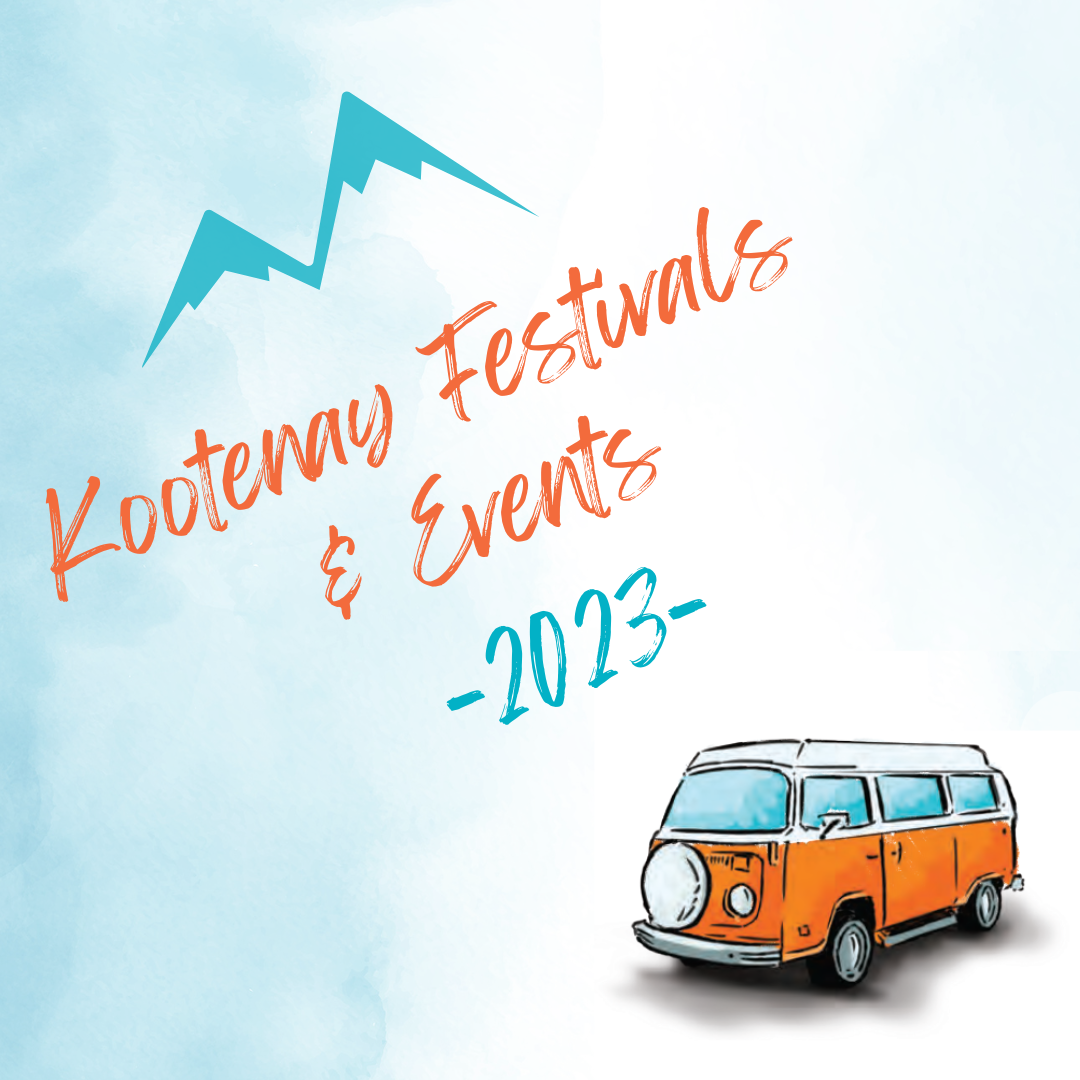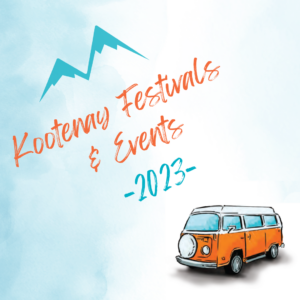Join us to tell us your needs and what you can offer to arts and culture in the Kootenays!
If you’re an artist or represent an arts and culture organization in the Kootenays, we want to know how we can support you. That’s why we’re excited to introduce our new series of conversations, called Kootenay Art Connect, organized by our new Outreach Manager, Maggie Shirley.
“How can the West Kootenay Regional Arts Council collaborate with artists and local arts organizations to further strengthen the arts scene in the Kootenays?” asks Shirley.
Through a series of online and in-person conversations, together we’ll be exploring questions like:
- What are your professional development needs?
- How can we help you better network, share knowledge and exchange resources?
Everyone is invited to attend, and the events are free. For the in-person gatherings, places are limited (with lunch provided), so sign up soon! (See the link below.)
Here is the schedule:
Online conversation for artists
Wednesday, May 31, 2 p.m. Pacific / 3 p.m. Mountain
Are there blocks in the arts and culture system that you know can be fixed? Do you have skills or resources you can share with other artists or the community? Do you just want to talk and make some new connections? We welcome artists of all types: musicians, writers, visual artists, media artists, performers, etc.
Online conversation for arts organizations
Thursday, June 8, 2 p.m. Pacific / 3 p.m. Mountain
Arts administrators and staff have been working harder than ever to stabilize organizations over the past few years. This is a chance for arts sector colleagues to regroup, assess where gaps continue to exist within our systems of support, and map out how we can help each other to serve artists and audiences more sustainably.
Online conversation for BIPOC artists and arts administrators
Monday, June 12, 2 p.m. Pacific / 3 p.m. Mountain
This session is specifically for BIPOC artists and arts administrators.
What are our dreams for arts in the Kootenays? What could a regional arts future look like that includes many more voices? What are the particular barriers we face in accessing arts funding and opportunities? This is a space for us to imagine together, discuss our needs and celebrate our offerings. This session is open to artists and administrators who work in any medium.
Live events
It’s time we had a talk! Join fellow artists and arts organizers for a meet-up. Representatives from Arts BC will be in attendance at the event. This will be a great opportunity to participate in a professional development workshop, learn from colleagues as they share their operational tactics and strategies, and meet others in the arts and culture community.
There are limited spaces, so register soon! Lunch is provided and honourariums are available for those volunteering their time and facing barriers to participation.
In-person West Kootenay gathering: Tuesday, June 20, Taghum Hall, Taghum (near Nelson), 9:30 a.m. to 4:30 p.m.
In-person East Kootenay gathering: Thursday, June 22, Centre 64, Kimberley, 9:30 a.m. to 4:30 p.m.
Who Is Maggie Shirley?
Maggie Shirley is a polymedia artist, researcher, curator and community worker. She has lived in the Kootenays for many years and has a Bachelor of Fine Arts from the Limerick School of Art in Ireland and a Master of Fine Arts from the University of British Columbia Okanagan. For eight years, she was Curator of the Kootenay Gallery of Art in Castlegar, where she has lived since 2013. Today, among other activities, she volunteers with Castlegar Art Walk and Castlegar Pride.
To keep up to date on our outreach activities—and everything we do—follow us on Facebook or Instagram and sign up for our newsletter.
We acknowledge the support of the Canada Council for the Arts.

